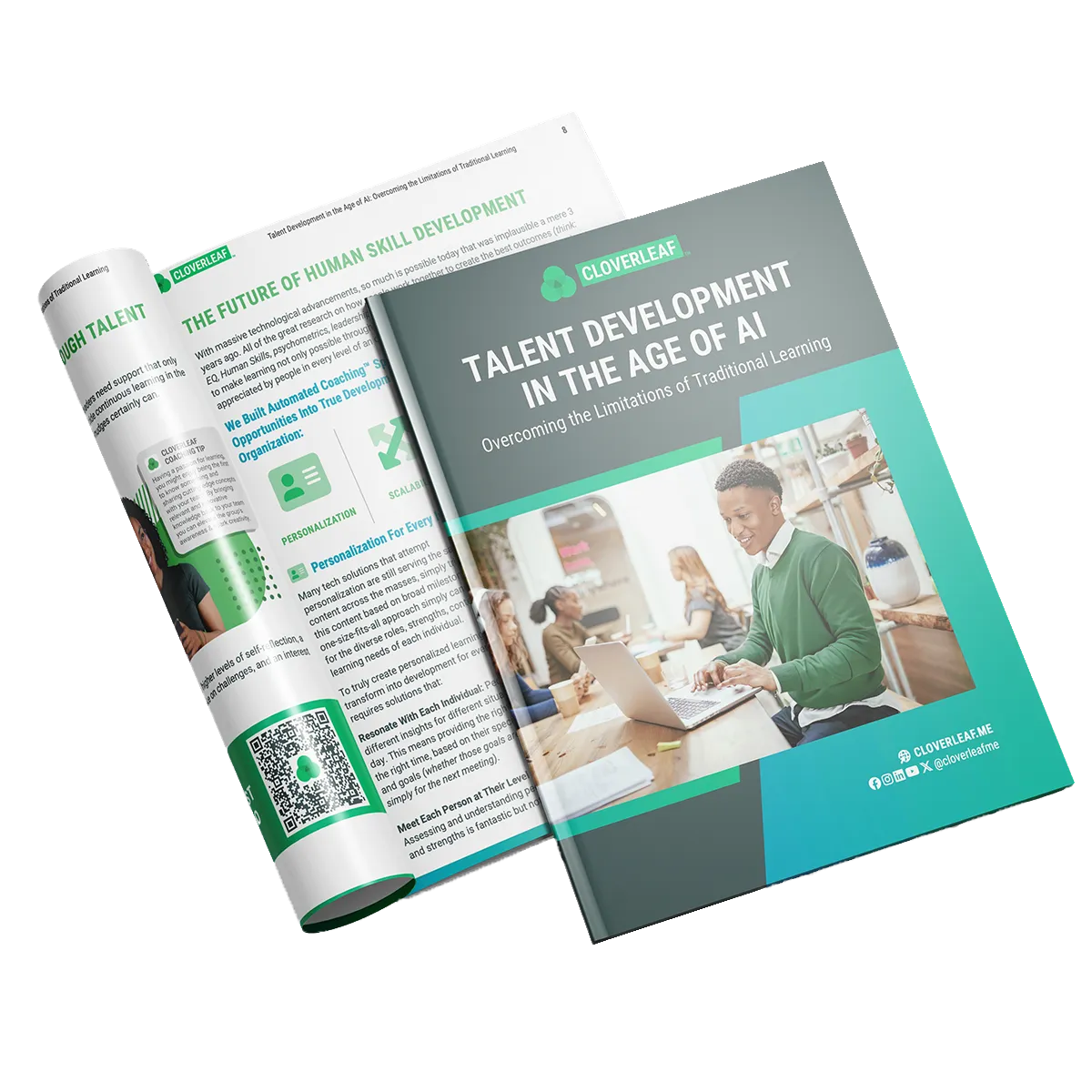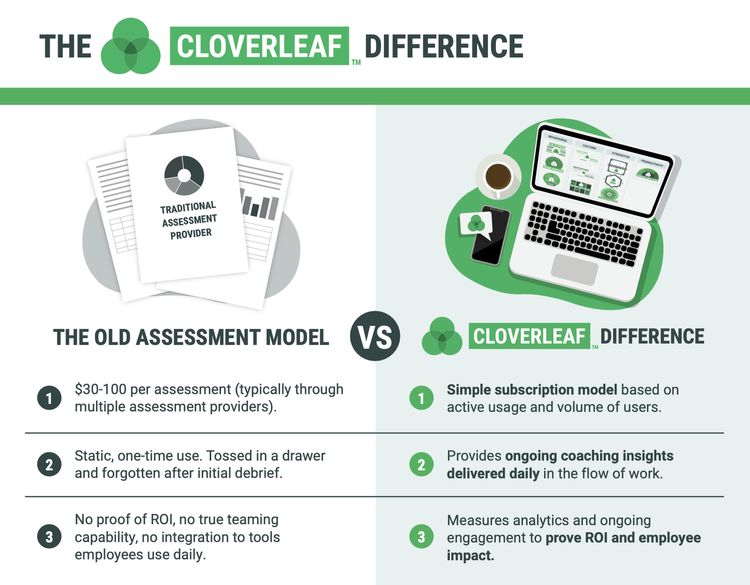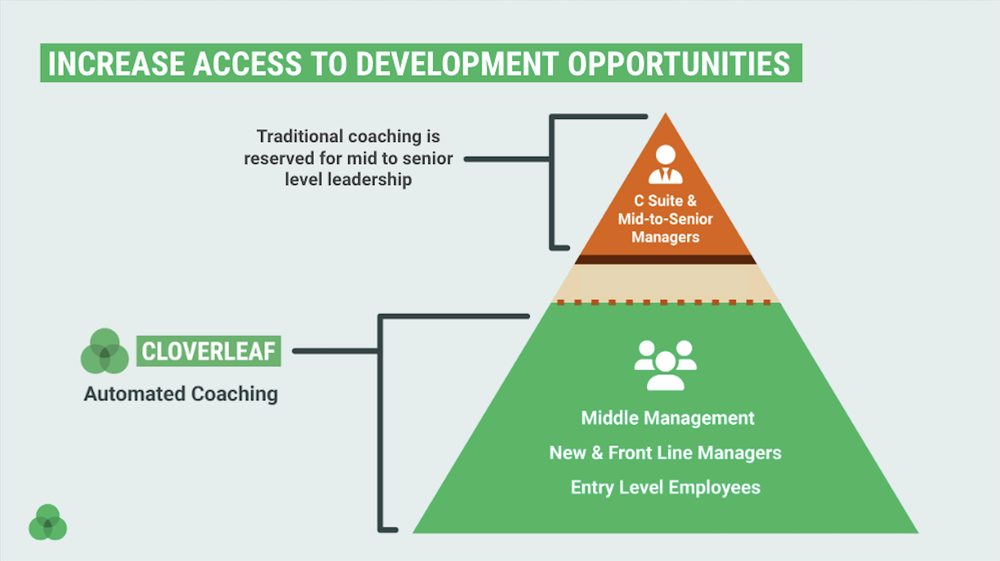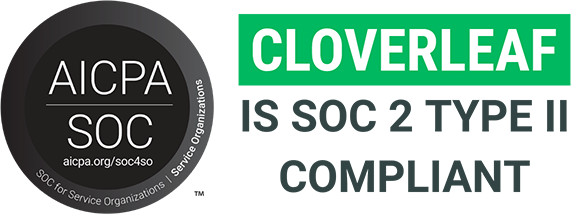Personal development is a crucial component of success in the workplace. The adage goes, “You can’t lead others until you are leading yourself.” Developing a strong sense of self-awareness, communication, adaptability, and time management skills is essential to be an effective leader and team member.
Self-leadership is the most important form of leadership, as it sets the foundation for all other forms of leadership. In a recent article, Tony Gambill explains that self-leadership is about taking responsibility for your own growth and development, as well as your own thoughts, feelings, and actions. By prioritizing personal development in the workplace, individuals can become more confident, productive, and effective, ultimately leading to greater success for themselves and their teams.
The concept of individuals being responsible for themselves before anyone else is a fundamental principle of personal development. At its core, this idea emphasizes the importance of owning your life and career.
While seeking support and guidance from others or their leaders are natural, it’s ultimately up to employees to take the necessary steps to achieve their goals and reach their potential. However, this is not to say that employers cannot support personal development within their organization.
Successful workplaces are led by employers who actively encourage the personal development goals of their employees. By supporting the professional development of their employees, leaders can gain a significant edge: 94% of employees would stay at a company longer if it invested in their careers.
Employers can provide resources and opportunities to increase communication skills, emotional intelligence, and goal setting. By investing in the personal growth of their employees, employers not only support their career goals but also strengthen their employee engagement strategy.
What Is Personal Development In The Workplace?
Personal development in the workplace is a continuous journey of self-improvement, focusing on enhancing professional skills, expanding knowledge, and developing abilities. It’s about actively seeking opportunities for growth to advance one’s career and contribute more effectively to organizational goals.
Personal development goals for work can help individuals achieve their full potential by successfully utilizing their strengths and working collaboratively with others. Personal development in the workplace is an ongoing process that involves setting goals, seeking growth opportunities, and actively working to improve oneself.
The future workplace experience will be increasingly competitive and dynamic, with rapid technological advances and evolving job requirements. Personal development in the workplace is crucial because it can help individuals stay relevant and adaptable in this changing landscape while also providing organizations with the skills and knowledge necessary to remain competitive.
Personal development is more than just an employee expectation; it is crucial to a company’s success. While personal development is often viewed as an individual responsibility, it is also essential to a company’s success.


Do You Want To Increase Development In Your Workplace?
- Scale development so that it is available to each team member
- Personalize growth to individual strengths and needs
- Integrate learning so it is actually in the flow of work
- Develop human skills fast enough to solve business problems
- Prove the ROI of your development programs
10 Examples of Personal Development Goals For Professional Growth
The most impactful personal development goals for individuals and organizations typically focus on enhancing skills, fostering collaboration, and promoting growth. Here are some examples of strategic development goals that are beneficial for employees and the organization:
Effective Communication: Improving verbal and written communication skills can strengthen collaboration, reduce misunderstandings, and increase efficiency.
Emotional Intelligence: Developing EQ to operate with more empathy and soft skills to support better teamwork, reduce drama in the workplace, and build stronger relationships.
Productivity: Setting goals to improve time management, prioritization, and organization can help employees focus and accomplish more in less time.
Critical Thinking: Enhancing problem-solving abilities can help employees tackle complex challenges, innovate, and contribute to the organization’s success.
Adaptability: Practicing resilience can help individuals navigate change, manage stress, and bounce back from setbacks, fostering an agile workforce.
Leadership Skills: Developing leadership and management competencies, such as delegation, motivation, and decision-making, can prepare employees for future roles.
Relationship-Building: Helping employees to build professional networks and foster relationships within and outside the organization can lead to new opportunities, collaborations, and knowledge sharing.
Upskilling: Promoting a growth mindset and the pursuit of new skills, and supporting ways to do so, can help employees stay current and bring fresh perspectives to their work.
Self-Reflection: Encouraging employees to establish a cadence for setting, evaluating, and adjusting their personal and professional goals can help them focus on their professional success, work ethic, and contribution to the organization’s objectives.
Work-Life Balance: Supporting integration can foster well-being, mental health, and a healthy work environment. Engaged employees who feel their personal life is respected are less likely to experience burnout and will continue to perform positively.
By focusing on these strategic personal development goals, employees can experience individual growth while contributing to the organization’s overall success.
5 Steps For Leaders To Support Personal Development Goals At Work
If organizations want to support the personal development of their employees, it’s essential to encourage them to set clear goals and create a plan to achieve them. Below are six practical ways to help teammates identify personal development goals and achieve success in their work:
Conduct Personal Development Conversations with Team Members
One-on-one time will help employees feel heard, supported, and empowered. To facilitate personal development in the workplace, leaders can schedule interviews with individuals to discuss their goals. During these interviews, leaders can:
Ask open-ended questions to encourage employees to express their aspirations, challenges, and areas for improvement.
Listen actively and empathetically to understand employees’ perspectives and experiences.
Provide guidance on setting realistic, actionable, and measurable goals that align with the organization’s objectives and the employee’s aspirations.
Offer resources and support, such as training opportunities, mentorship, or networking events, to help employees reach their goals.
Help Employees To Discover And Leverage Their Strengths In Work and Life
Leaders can practice employee coaching to help teammates discover and leverage their strengths by:
Utilizing personality tests for employees, like CliftonStrengths or the VIA Character Strengths, to help employees identify their unique skills and talents.
Facilitate discussions among teammates to recognize one another’s strengths within the team to foster collaboration and develop complementary skill sets.
Provide cross-functional opportunities for employees to apply their strengths in challenging projects, thereby promoting personal growth and professional development.

Use Development Apps for Performance Management
Promote development apps like Headspace, 15Five, or Todoist to help employees build self-leadership skills, such as time management, goal setting, and mindfulness. Encourage employees to:
Set aside time for daily reflection and goal tracking.
Share their experiences and progress with the team to create a culture of continuous learning and growth.
Uncover and Address Pain Points to Illuminate Opportunities for Personal Growth
Facilitate team discussions or conduct surveys to identify common pain points, such as communication barriers, inefficient processes, or lack of feedback. Address these issues by:
Providing targeted training or coaching to help employees develop new skills.
Implementing process improvements or communication tools to streamline workflows.
Establishing a feedback culture that encourages constructive criticism and coaching in the workplace.
Support Individuals in Assessing Progress, Celebrating Achievements, and Refining Growth Plans
Support employees in evaluating their personal development journey by:
Prioritizing performance reviews to discuss successes, challenges, and areas for improvement.
Celebrating personal and team successes to foster motivation and engagement.
Encouraging employees to set new goals and adjust their growth strategies based on their progress and evolving needs.
By implementing these strategies, leaders can foster a culture of personal development that empowers employees to reach their full potential and contribute to the organization’s success.

The Positive Impact Of A Coaching Leadership Style on Team Members' Personal Development
Leaders who actively look for coaching moments rather than dictating how an individual should or must approach personal development can help improve emotional intelligence, collaboration, and organizational performance.
One study suggests that leaders who practice coaching find that:
Employees increasingly dedicate time to exchanging insights and actively participating in their personal and professional evolution.
Understanding of the obstacles an organization encounters emerges, along with increased ingenuity in devising solutions to overcome them.
Confidence is cultivated through a gradual learning process instead of adopting a high-risk “all or nothing” tactic.
Communication and collaboration become more solution-oriented and empathetic, fostering open and reciprocal exchanges.
Prolonged enhancements in performance are achieved, ensuring lasting progress and growth.
By adopting a coaching leadership style, leaders can substantially impact their teams’ personal development, ultimately benefiting the individual, the team, and the organization. Below are some of the most notable advantages:
7 Benefits Of Leaders Who Coach Their Teammates Toward Personal Development
Ownership Mentality: Coaching encourages employees to take responsibility for their growth, fostering a sense of empowerment and boosting their confidence. Leaders who coach their employees help them recognize their strengths and abilities, enabling them to tackle challenges more effectively.
Healthy Team Dynamics: Coaching leaders create an environment of open communication and collaboration, enabling teammates to work together more effectively. This approach promotes sharing ideas, leveraging diverse skill sets, and the development of synergistic teamwork.
Job Satisfaction: Employees who feel supported in their personal development journey tend to engage at work. Leaders who show a genuine interest in their employees’ growth can increase motivation and help teammates find fulfillment in their work.
Higher Retention and Loyalty: Employees who feel valued and encouraged to grow often remain loyal to the organization.
Development of Future Leaders: Coaching can help identify and nurture high-potential employees by identifying those with exceptional adaptability, problem-solving abilities, and a strong drive for improvement.
Alignment with Organizational Goals: By helping employees align their personal development goals with the organization’s strategic objectives, coaching leaders ensure that individual growth contributes to the company’s success.
Innovation: Coaching encourages individuals to think outside the box about new challenges. Exploring new ideas can result in uncovering creative solutions. Organizations can stay competitive and adapt by fostering a culture that values experimentation.
By nurturing a growth mindset, coaching-driven leadership creates a positive environment that cultivates a culture of continuous learning, innovation, and development.
Automated Coaching™ To Support Personal Development In The Workplace
Personal development in the workplace is a crucial aspect of individual and organizational success. Leaders who practice a coaching approach to support their teams understand that personal and professional growth is not a one-time event.

Organizations that invest in these efforts should experience reoccurring, continuous positive change. With Cloverleaf, leaders, and teammates can explore powerful insights concerning themselves and others for personal development opportunities in critical areas such as:
Change
Communication Style
Conflict Triggers
Motivations
Persuasions
Work Styles
Leadership Style
Development
The highly-personalized insights are relevant to each individual to enhance personal development across your organization significantly. By leveraging the Cloverleaf dashboard, you can create a personalized and data-driven coaching experience that empowers employees, fosters growth and contributes to a culture of continuous learning.
The future of personal development in the workplace hinges on customizable development plans based on the unique aspects of the individual within an organization. Automated Coaching™ is adaptable to the specific needs of each employee. Click the button below to start your free trial.



